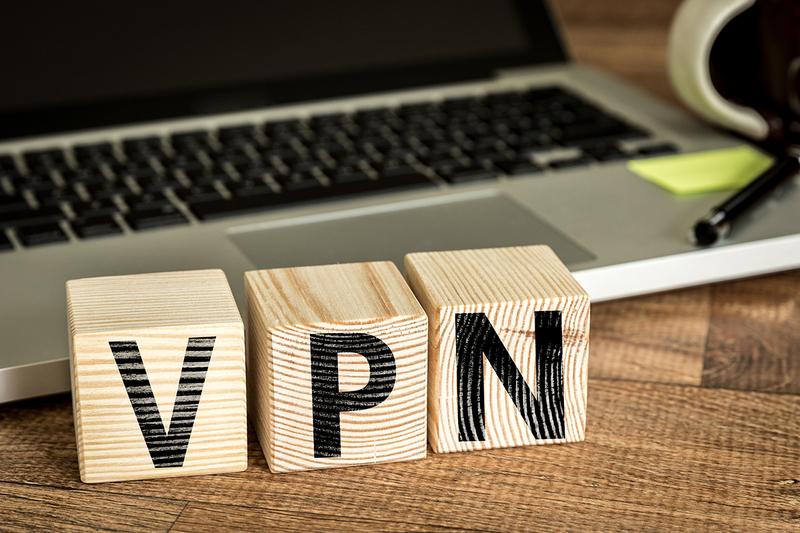5 Essential Actions You Should Take to Restore Your Financial Health As a Victim of Identity Theft

In the United States alone, about 18 million cases of identity theft occur every year. That's about one new victim every two seconds. 72% of all data breeches in 2014 occurred in the US. It's probably safe to assume the problem hasn't gotten any better since then.
Identity theft can do far more damage than simply costing you some money; it can also destroy your financial health. Your financial health is intimately connected with your personal information. Examples include your address, name, phone number, and your Social Security number.
There are many different permutations of identity theft, but they all share the same black heart. The heart of identity fraud is scammers using your stolen personal information to do one of two things: divert money that's rightfully yours (like your tax return) into their own pockets, or open up lines of credit using your name and run up huge charges for merchandise that you end up paying for.
What is Your Financial Health, Anyway?
I mentioned financial health above, but what does that really mean, and how does it relate to identity theft? Financial health describes the state of your overall financial situation. It describes different dimensions of your financial life, but the main ones include the following:
• How much money you make
• How much debt you have
• How much money you have in savings
• How much you're setting away for retirement
• The state of your credit
It's this last item, credit, that's the most vulnerable to identity theft. You may tend to take credit for granted – after all, a Canadian bank DID offer a credit card to a dead dog in 2012 – but you may not understand how important credit is to financial health. A credit rating that's been ruined via identity theft can wreak havoc in your life. For example, without credit, you can't rent a car, finance a car, get a mortgage, or get a business loan. In some cases, a poor credit rating can also prevent you from renting an apartment. Although credit is only one piece of financial health, it's an important one that needs to be protected.
Before we look at restoring your financial health after becoming a victim of identity theft, let's look at how to prevent further losses immediately after identity theft occurs. You'll find a separate article about this subject at http://SecureVPN.com, but these points deserve a short recap.
4 Things You Should Do Immediately as a Victim of Identity Theft
1. Report fraudulent charges. – Immediately report fraudulent charges to the businesses where they may have occurred. It goes a long way toward not ending up accountable for an identity thief's behavior.
2. Place a fraud alert on your credit report. – You can place a free, 90 day fraud alert on your credit report via any of the three major credit bureaus. This makes it so continued charges won't appear on your credit card, and no new lines of credit can be opened in your name.
3. Submit a report to the Federal Trade Commission (FTC). – Reporting identity theft to the FTC will help you later on in restoring your financial health. Submit a report by visiting https://www.identitytheft.gov/Assistant#1.
4. File a report police report. – You should also report identity theft to the police. When filing the police report, bring a copy of your FTC report, a government-issued photo ID, proof of your address (such as a utility bill), and any proof you may have of the theft (credit card statements, bank statements, bills, etc).
As a Victim of Identity Theft, Restore Financial Health with These 5 Essential Actions
Now that you've hopefully stopped the acute financial bleeding of identity theft, the next step is to being restoring your financial health. In other words, it's time to undo the damage caused to your financial reputation as a victim. The five essential actions below will go a long ways toward achieving this:
1. Change all account passwords/pin numbers – If you haven't already, change all the passwords and pin numbers to ALL your financial accounts. This includes bank, credit card, and investment accounts, or any other accounts that have anything at all to do with money. I suggest you take it a step further and change the passwords for all online accounts, financial or otherwise. There's no telling how an identity thief got to your personal information. It could have just as easily been through your Facebook account as your credit card. I also strongly suggest you start using password management software like KeePass to generate unbreakable passwords. Also, stop using the same password for every account. Each online account you possess should have its own randomly-generated, unbreakable password.
2. Close new accounts opened in your name. – Most businesses these days have fraud departments. Call each business where a fraudulent account was opened in your name and explain to them that someone stole your identity. Ask them to close that account, and to mail a letter to you that confirms the fraudulent account isn’t yours, they will not hold you liable for it, and that they will remove it from your credit report.
3. Remove fraudulent charges from your accounts. – Repeat step two above for your preexisting accounts containing bogus charges. Ask each business to void the charges and send you a letter confirming the charges were removed from both your account and your credit report.
4. Fix your credit report. The US has three credit bureaus that control all credit reports. They are TransUnion (http://transunion.com), Equifax (http://equifax.com), and Experian (http://experian.com). You should write a letter to all three of them. You can use this sample letter at http://tinyurl.com/id-theft-letter. In each letter, include proof of your identity, such as your Social Security number, your name, and your address. Explain which charges on your FTC report are fraudulent, and ask them to block those charges.
5. Consider a credit freeze or an extended fraud alert. – You can place a 90 day fraud alert on your credit report for free via any one of the credit bureaus mentioned above. Depending upon the severity of the damage done to from identity theft, you may want to put an extended alert or an outright credit freeze on your credit report. Talk to the fraud department of any one of the credit agencies in step four for additional information.
As a victim of identity theft, the first thing to do is take steps to prevent further losses. Once that's done, it's essential to begin restoring your financial health ASAP. Recovering from identity theft involves preventing, stopping, and then rebuilding. Not taking steps to restore your credit after fraud has taken place is detrimental to your overall financial health, and will hurt you at some point further down the road.



